15 YEARS MANUFACTURING EXPERIENCE
11
2025
-
09
Charcoal Toothpaste vs. Traditional Toothpaste: Which is Better for Your Oral Health?
Charcoal Toothpaste vs. Traditional Toothpaste: Which is Better for Your Oral Health? Table of Contents 1. Introduction to Charcoal Toothpaste and Traditional Toothpaste 2. What is Charcoal Toothpaste? 3. The Benefits of Charcoal Toothpaste 3.1 Natural Whitening Properties 3.2 Absorption of Toxins 3.3 Fresh Breath 4. The Drawbacks of Charcoal Toothpaste 4.1 Abrasiveness and Ename
Charcoal Toothpaste vs. Traditional Toothpaste: Which is Better for Your Oral Health?
Table of Contents
1. Introduction to Charcoal Toothpaste and Traditional Toothpaste
2. What is Charcoal Toothpaste?
3. The Benefits of Charcoal Toothpaste
3.1 Natural Whitening Properties
3.2 Absorption of Toxins
3.3 Fresh Breath
4. The Drawbacks of Charcoal Toothpaste
4.1 Abrasiveness and Enamel Concerns
4.2 Lack of Fluoride
5. What is Traditional Toothpaste?
6. The Advantages of Traditional Toothpaste
6.1 Fluoride for Cavity Prevention
6.2 Variety of Formulations
7. The Disadvantages of Traditional Toothpaste
7.1 Artificial Ingredients
7.2 Limited Whitening Effects
8. Comparing Charcoal and Traditional Toothpaste
8.1 Efficacy in Whitening
8.2 Impact on Oral Health
8.3 Cost Considerations
9. FAQs
10. Conclusion
1. Introduction to Charcoal Toothpaste and Traditional Toothpaste
The world of oral hygiene has evolved significantly, with various products claiming to enhance dental health and aesthetics. Among these, **charcoal toothpaste** has gained immense popularity, touted for its **natural ingredients** and purported benefits. Conversely, **traditional toothpaste**, with its long-standing reputation and scientific backing, remains a staple in many households. This article delves deep into the comparison between charcoal and traditional toothpaste, aiming to reveal which option may be better suited for your oral health.
2. What is Charcoal Toothpaste?
Charcoal toothpaste is formulated using activated charcoal, a substance derived from carbon-rich materials that have been treated to increase its surface area. This process enhances its adsorptive properties, allowing it to bind with various compounds. Users often gravitate toward charcoal toothpaste for its ability to **whiten teeth** naturally and its appeal as a cleaner, more eco-friendly alternative to conventional products.
3. The Benefits of Charcoal Toothpaste
While the benefits of charcoal toothpaste are widely discussed, understanding these claims can help consumers make informed choices.
3.1 Natural Whitening Properties
One of the most compelling reasons people choose charcoal toothpaste is its ability to help **whiten teeth**. Activated charcoal can absorb surface stains from drinks like coffee, tea, and red wine, providing a brighter smile with regular use.
3.2 Absorption of Toxins
Charcoal is renowned for its ability to absorb toxins and impurities. Proponents argue that when used in toothpaste, it can help eliminate harmful substances from the mouth, potentially improving overall oral health.
3.3 Fresh Breath
Charcoal toothpaste is also praised for its ability to neutralize odors. By binding to bacteria that cause bad breath, it can leave your mouth feeling fresher for longer.
4. The Drawbacks of Charcoal Toothpaste
Despite its popularity, charcoal toothpaste is not without its criticisms.
4.1 Abrasiveness and Enamel Concerns
One of the primary concerns regarding charcoal toothpaste is its abrasiveness. Frequent use may lead to enamel erosion, which is crucial for protecting teeth from decay and sensitivity.
4.2 Lack of Fluoride
Many charcoal toothpastes do not contain fluoride, a mineral that significantly contributes to **cavity prevention**. Without it, users may miss out on essential protection against tooth decay.
5. What is Traditional Toothpaste?
Traditional toothpaste has been the standard for oral care worldwide. Formulated with fluoride, abrasives, and flavoring agents, it is designed to clean teeth, freshen breath, and prevent cavities. The variety available, from **gel to paste**, allows consumers to choose based on personal preference.
6. The Advantages of Traditional Toothpaste
Understanding the strengths of traditional toothpaste can illuminate why it remains a preferred choice for many.
6.1 Fluoride for Cavity Prevention
Fluoride is a critical component of traditional toothpaste, playing a vital role in strengthening tooth enamel and preventing cavities. It helps remineralize teeth and offers a robust defense against decay.
6.2 Variety of Formulations
Traditional toothpaste comes in an array of formulations, catering to different needs such as sensitivity, whitening, and gum health. This range provides consumers with tailored options to meet their specific oral care requirements.
7. The Disadvantages of Traditional Toothpaste
While traditional toothpaste boasts several benefits, it is not without its drawbacks.
7.1 Artificial Ingredients
Many traditional toothpaste brands contain artificial sweeteners, colors, and preservatives, which may concern health-conscious consumers looking for more natural options.
7.2 Limited Whitening Effects
Traditional toothpaste may not offer the same level of **whitening power** as charcoal toothpaste. Users seeking significant stain removal may find traditional options lacking in effectiveness.
8. Comparing Charcoal and Traditional Toothpaste
When deciding between charcoal and traditional toothpaste, it helps to consider various factors that affect oral health and user experience.
8.1 Efficacy in Whitening
While charcoal toothpaste may provide natural whitening benefits, traditional toothpaste often contains specific whitening agents designed for more effective stain removal.
8.2 Impact on Oral Health
The inclusion of fluoride in traditional toothpaste gives it a significant advantage in preventing cavities. In contrast, the abrasiveness of charcoal toothpaste may pose risks to enamel health, raising concerns about long-term use.
8.3 Cost Considerations
Charcoal toothpaste can be more expensive than conventional options, particularly premium brands. Analyzing the cost-to-benefit ratio is crucial for consumers when making a selection.
9. FAQs
Q1: How often can I use charcoal toothpaste?
We recommend limiting the use of charcoal toothpaste to a few times a week to prevent enamel erosion.
Q2: Is all charcoal toothpaste fluoride-free?
Not all charcoal toothpaste is fluoride-free, but many popular brands tend to omit fluoride. Always check the label.
Q3: Can I switch between charcoal and traditional toothpaste?
Yes, alternating between the two can provide benefits while mitigating the drawbacks of each.
Q4: Is charcoal toothpaste safe for sensitive teeth?
Individuals with sensitive teeth should consult their dentist before using charcoal toothpaste, as its abrasive properties may exacerbate sensitivity.
Q5: What should I look for when choosing toothpaste?
Look for toothpaste that meets your specific needs, such as fluoride content, whitening capabilities, and ingredient preferences.
10. Conclusion
In the debate of **charcoal toothpaste versus traditional toothpaste**, the choice depends on individual needs and preferences. Charcoal toothpaste offers a natural approach to whitening and breath freshening, while traditional toothpaste provides essential cavity protection with fluoride and a variety of formulations. Ultimately, consulting with a dental professional can help you determine the best option for your oral health routine, ensuring you maintain a **bright and healthy smile** for years to come.
Previous page
Related news
undefined
Related products
COMPANY
About Us
OEM Service
After-Sale: info@glorysmile.com
QUICK CONTACT
Makou Industrial Park, Yongxiu County, Jiujiang City, Jiangxi Province, China, 332000
+86 18279124913
Copyright © 2022 DENT(HK)LIMITED LTD SEO


 Language
Language


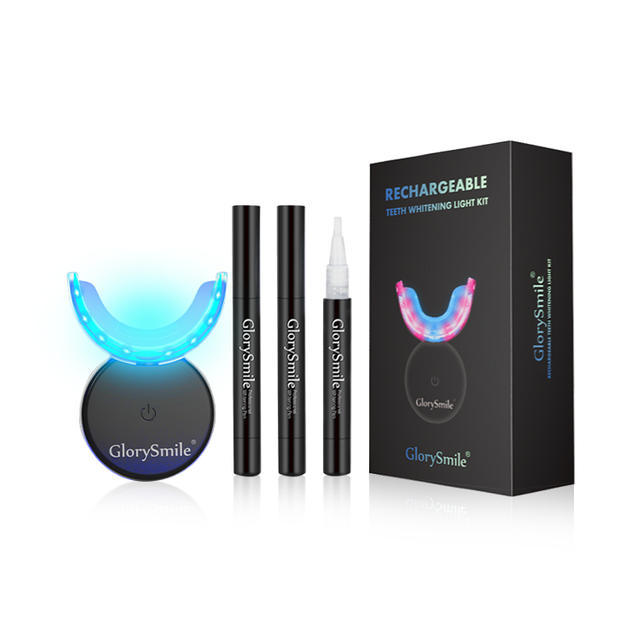
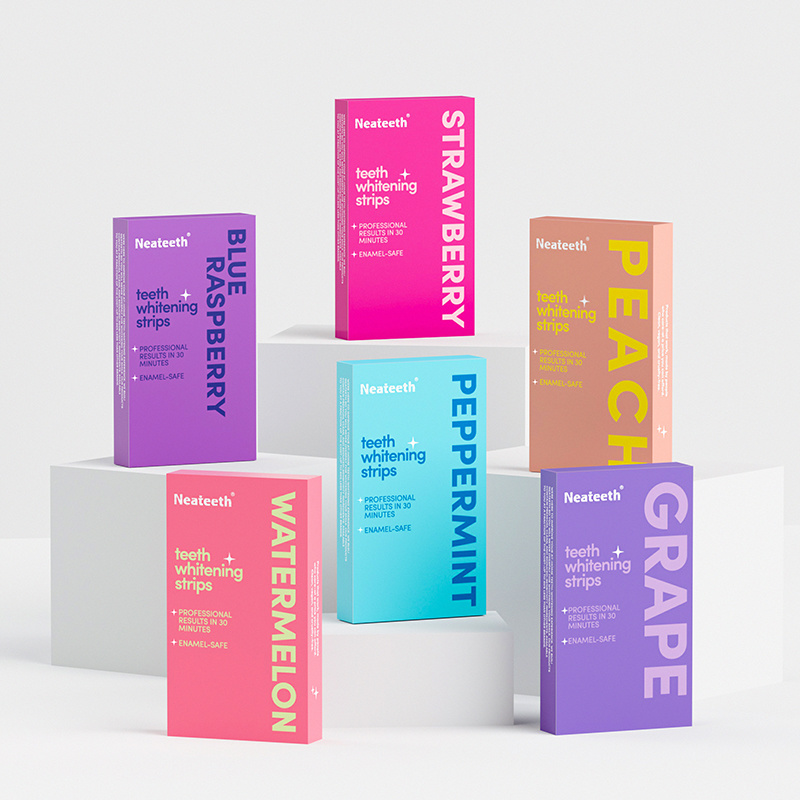
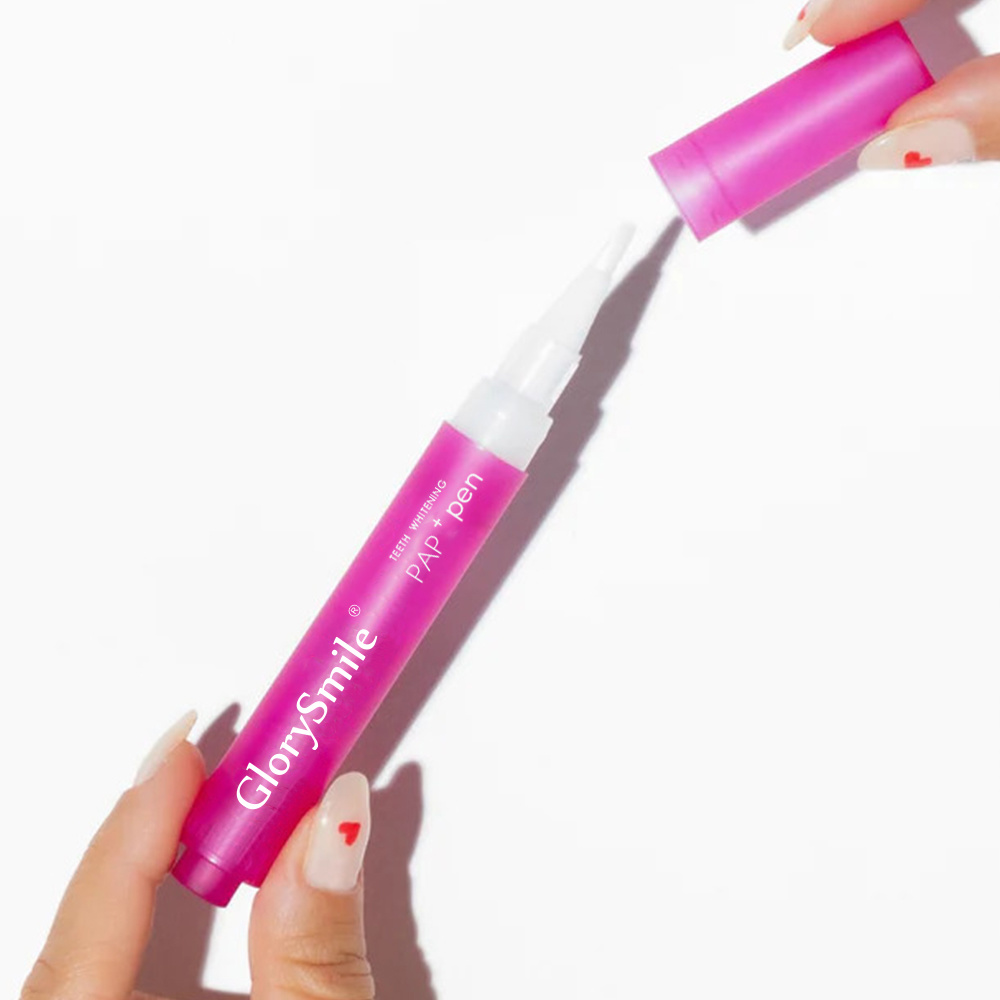
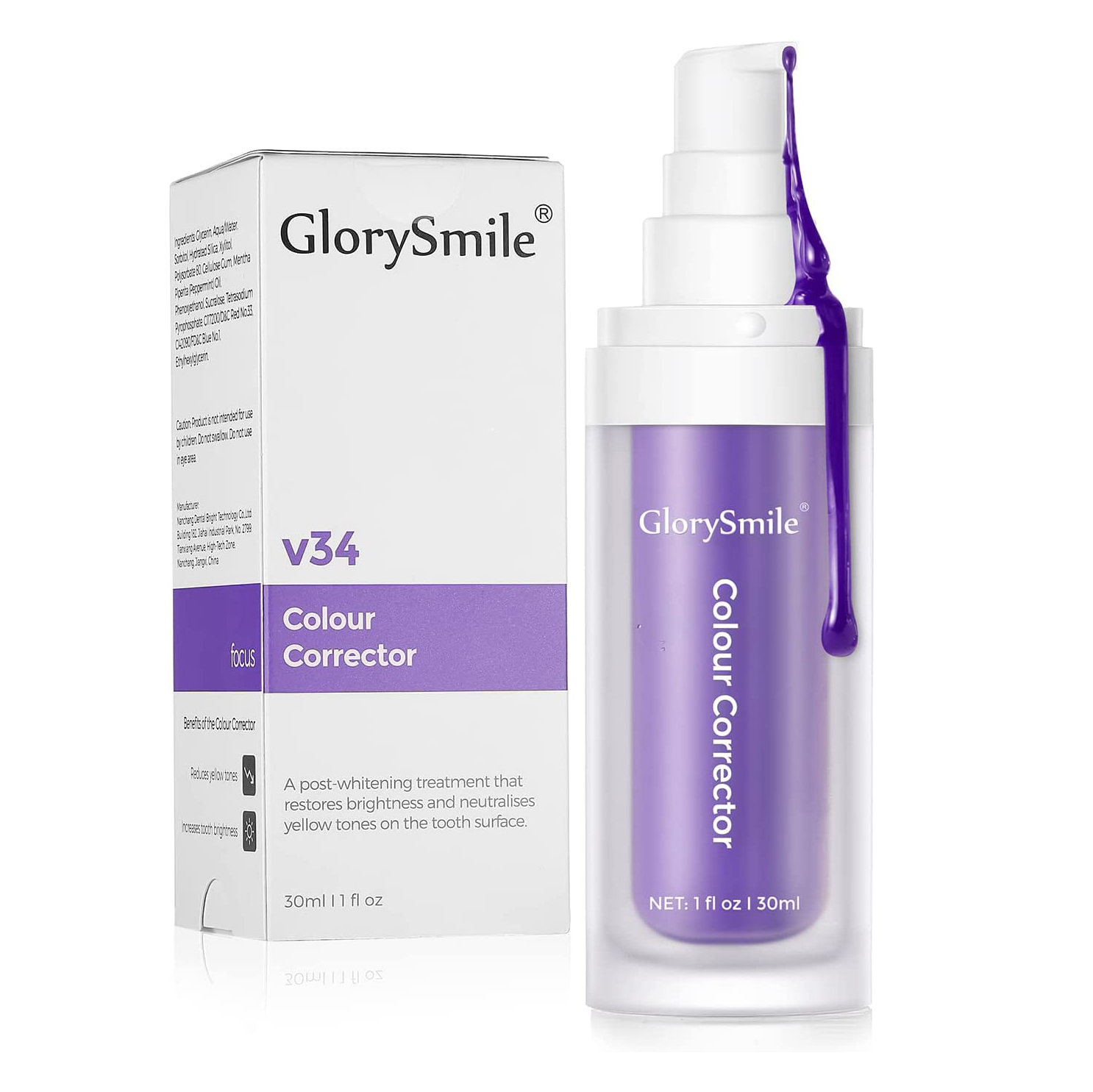

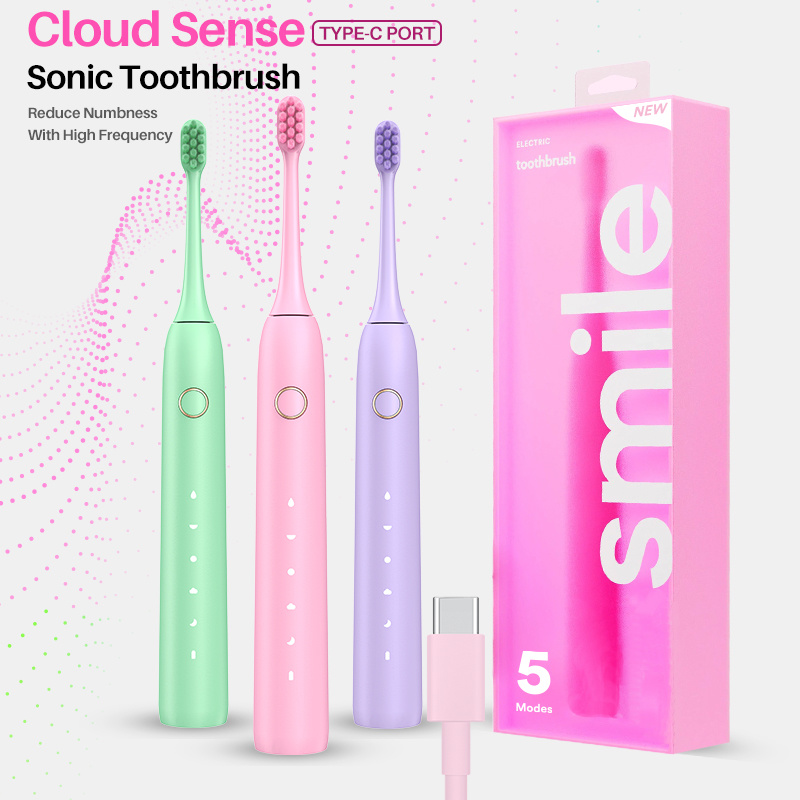

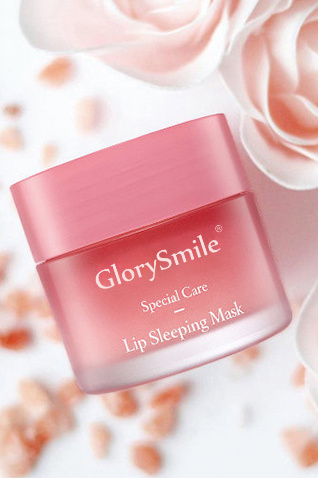
 +8618279124913
+8618279124913 helen.xiao@enjoywhite.com
helen.xiao@enjoywhite.com Message
Message 